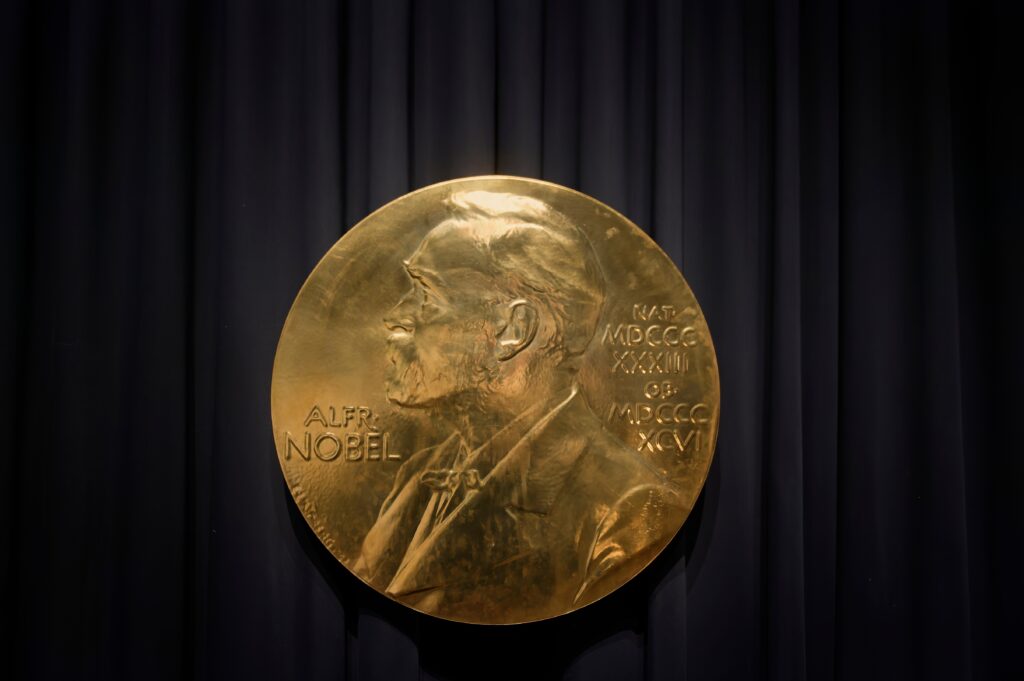Mary E. Brunkow, Fred Ramsdell, and Shimon Sakaguchi won the 2025 Nobel Prize in Medicine.
They were recognized “for their discoveries concerning peripheral immune tolerance,” announced the Karolinska Institute in Stockholm.
Each will share 11 million Swedish kronor, about £871,400. “We reached only Sakaguchi,” said Nobel secretary Thomas Perlmann.
The trio’s work explains how the immune system avoids attacking the body’s own tissues.
T-cells, key white blood cells, defend against infections and cancer. But when misdirected, they trigger autoimmune diseases.
Sakaguchi discovered regulatory T-cells, or T-reg cells, which suppress harmful immune reactions. “They’re the brakes of the immune system,” said Prof Adrian Liston.
Brunkow and Ramsdell identified the FoxP3 gene, crucial for T-reg cell development. Mutations cause severe autoimmune disorders like Ipex syndrome.
Sakaguchi later proved FoxP3’s central role in self-tolerance — keeping the immune system in check.
“These discoveries transformed our understanding of immunity,” said Prof Marie Wahren-Herlenius.
Ongoing trials now aim to boost T-reg cells for treating autoimmune diseases and protecting organ transplants.
In cancer therapy, scientists take the opposite route — reducing T-reg cells so the immune system can attack tumors.
“This work reshaped immunology,” said Prof Danny Altmann. “It explains health, disease, and the balance between the two.”
Prof Adrian Hayday added, “There’s still much to learn, but this prize was long overdue.”


